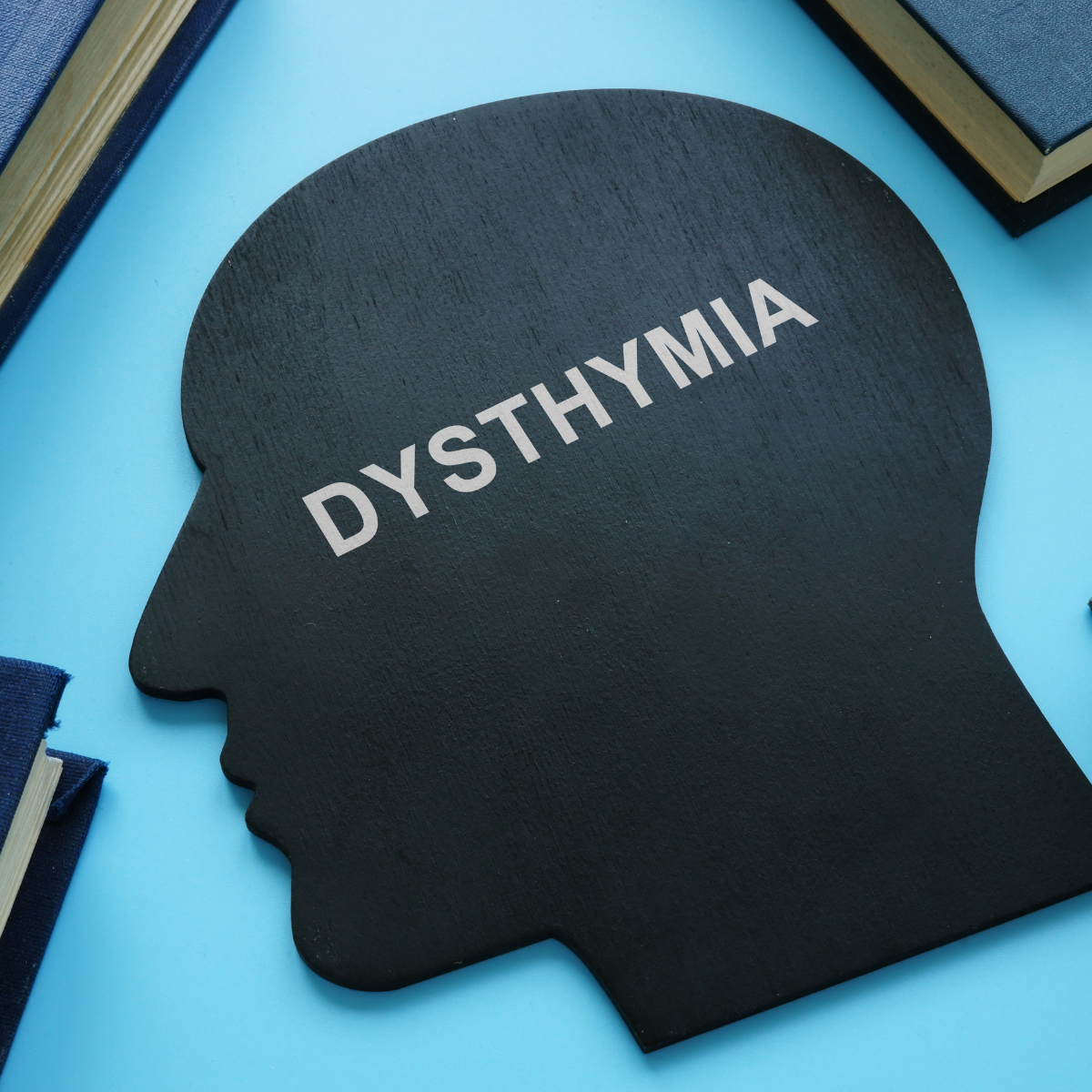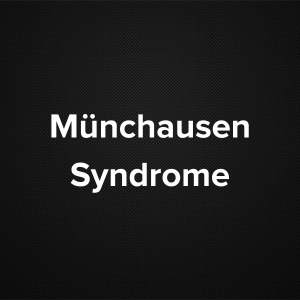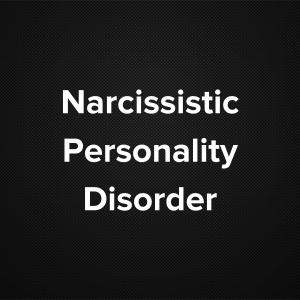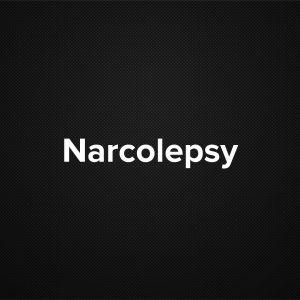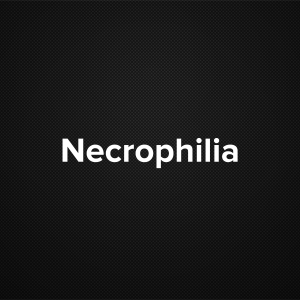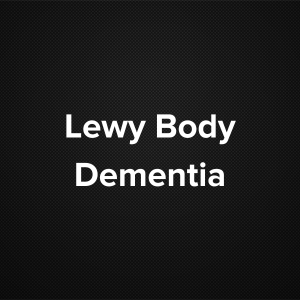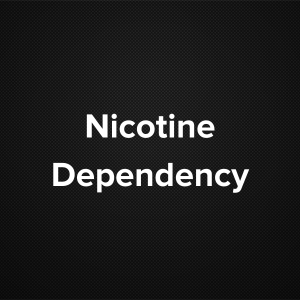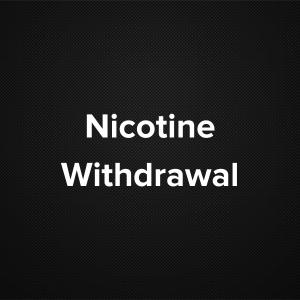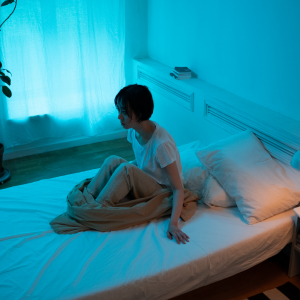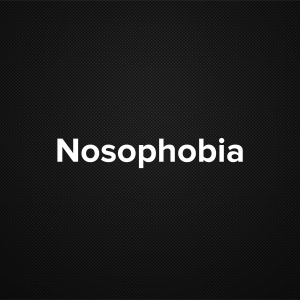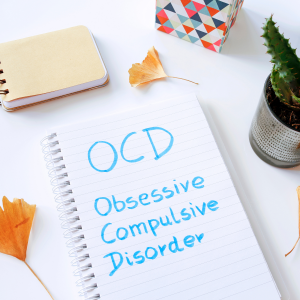Causes and risk factors:
The exact cause of dysthymia is not known. It can be seen hereditary in some cases which show there must be some gene involved. However there are varieties of factors that can cause it. Various events in life like death of loved ones, disappointment in love, sexual abuse, foster care, failure in career etc can lead to depression. Certain use of medications also contribute to it. Hormonal changes and neurotransmitter imbalance can also lead to dysthymia . Addiction to alcohol or other substance abuse can make the person prone to Dysthymia .
Clinical presentations:
A person suffering from dysthymia will have the same symptoms as that of depression. However the intensity of symptoms is mild in dysthymia . A person with dysthymia is down with feeling of sadness. The person is irritable and lack pleasure in all. Nothing pleases him. Hopelessness is seen. At the physical level the energy is down, the person is drowsy. Small arguments or contradiction evokes anger and irritability. These people become more prone for developing diseases. Dysthymia can not only be caused due to substance abuse but it can also make a person addicted to some substances. The reaction to emotions is excess. Social isolation is seen. Most of the time these people have persistent suicidal thoughts.
Diagnosis and investigations:
Diagnosis can be made on the basis of the symptoms narrated by the patients and on the basis of complete psychiatric evaluation. The essential feature for dysthymia is that the depressed mood occurs most of the days for atleast 2years or atleast 1 year in children and adolescents. Reviewing of the history is the most essential step. All the details are obtained from the family and friends. Close observation in such cases is essential. Investigations can be advised in cases where the doctor suspects any pathology.
Treatment:
Anti psychotic or anti depressive medications are the first lines of treatment in such cases. Psychotherapy plays a major role in this. It comprises of counseling and interpersonal therapy. Cognitive behavioral therapy has found to be effective in such cases. Support and care by family and friends will help the patient to cope up with the complaints. Indulgence in positive recreational activity, meditation care effective .However in cases of dysthymia the treatment needs to be continued for a prolong period as the symptoms can reoccur.
Other Modes of treatment
The other modes of treatment can also be effective in treating dysthymia. Homoeopathy is a science which deals with individualization considers a person in a holistic way. This science can be helpful in combating the symptoms.
